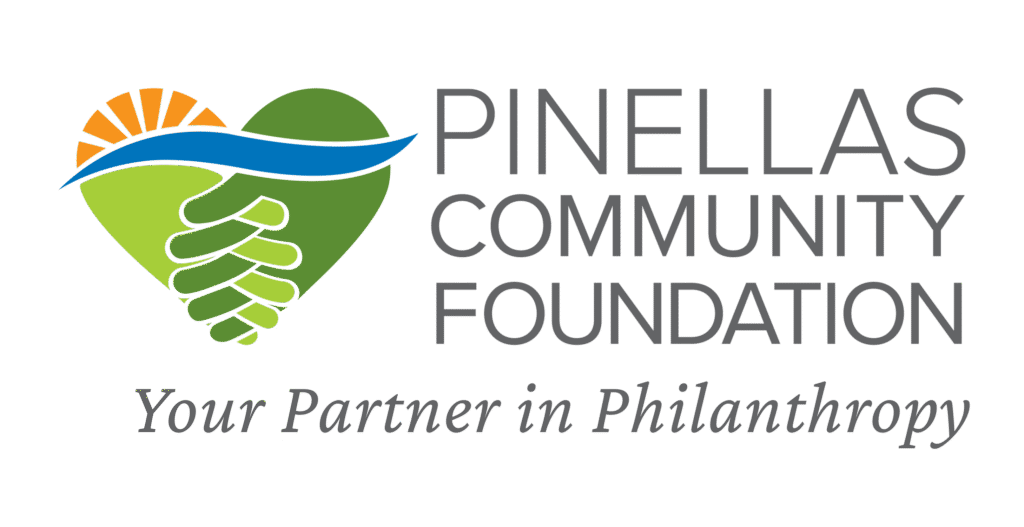Walk away or rework? That’s the predicament faced by the My Sistah’s Place and Golden Generations programs when the COVID-19 stay-at-home order was issued. Juanita Suber, president of Golden Generations Inc., chose the latter. Walking away was not an option.
Foreseeing the challenges ahead, Juanita rallied existing charity partners and found new ones. Before long, she breathed new life into the two programs she helped create. The programs pair 18- to 23-year-old women aging out of foster care with older, mature women who mentor their transition to adulthood.
With backing from her board of directors, charities, and loyal volunteers, Juanita reworked these intergenerational support programs so that Pinellas County’s at-risk young women could continue to learn career and life skills despite COVID-19.
Golden Generations, a mentoring program, and My Sistah’s Place, its companion housing facility that opened in August 2018, are symbiotic operations. My Sistah’s Place is a safe place for young women transitioning out of foster care to live while learning the skills needed to become productive adults from senior mentors.
Both programs are the result of Juanita’s 20-plus years of experience in child welfare and mental health, and her recognition that the community desperately needs programs for young women leaving foster care. My Sistah’s Place has served over 75 young women, and “the numbers grow as we grow and learn,” said Juanita.
Determined the pandemic would not interrupt her mission, Juanita began rewriting the program model to adjust to COVID-19 restrictions. She then sought support through grant proposals to Pinellas Community Foundation and other funders.
Already receiving operational funding from Pinellas Community Foundation, Juanita was able to secure a salary stipend to extend her work, remodel the programs, and pay for repairs needed to reopen. Specific grants from the Tampa Bay Resiliency Fund and Senior Citizens Services Fund enabled her to launch a new model and reopen My Sistah’s Place, which closed due to the pandemic. Other supportive charity partners include Pinellas County Board of County Commissioners, City of St. Petersburg, United Way, Walmart, and Duke Energy.
A New Model is Born
Juanita’s new program flipped the original model and paired young women with elderly women who were income-challenged and isolated by the virus. These seniors often needed wellness checks and a means to get groceries. “We wanted to continue as a win-win: a win for our seniors and a win for our young women,” said Juanita.
We know that food and socialization are needed by seniors. So, we developed a model for funding grocery shopping and making wellness checks, which allowed a continuation of the intergenerational connection.Juanita Suber, President of Golden Generations Inc.
With help from community churches and senior centers, Juanita and her team identified seniors in need. Because economic security is a strong factor in a successful transition from foster care, Juanita included wages for the young women in her proposal to PCF. She also included a request for funds to convert in-person career training to virtual sessions via Zoom, which created a need for computers and software. Funding from the Tampa Bay Resiliency Fund partners (Pinellas Community Foundation, United Way Suncoast, Allegany Franciscan Ministries, and Foundation for a Healthy St. Petersburg) provided for this and paid the young women $10 per hour for 15 hours of work per week for a limited period of time.
It’s no wonder Juanita was inspired to turn the tide for these young women who may have followed the direction social indicators predict if not for Golden Generations and My Sistah’s Place. By age 21, nearly 26% of young adults who’ve been in foster care spend some time homeless and 25% have had a child in the past two years. Many don’t earn a high school diploma or GED, and they may struggle with substance abuse, live in poverty, or have a history of incarceration.
While financial assistance has been remarkably effective, the uncertain future impact dictates the need to seek funds continually to sustain the remodeled program and reach this vulnerable population.



